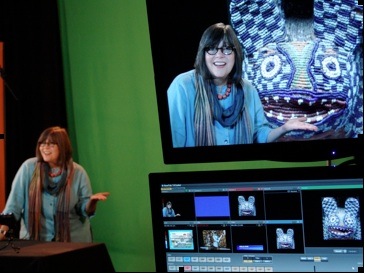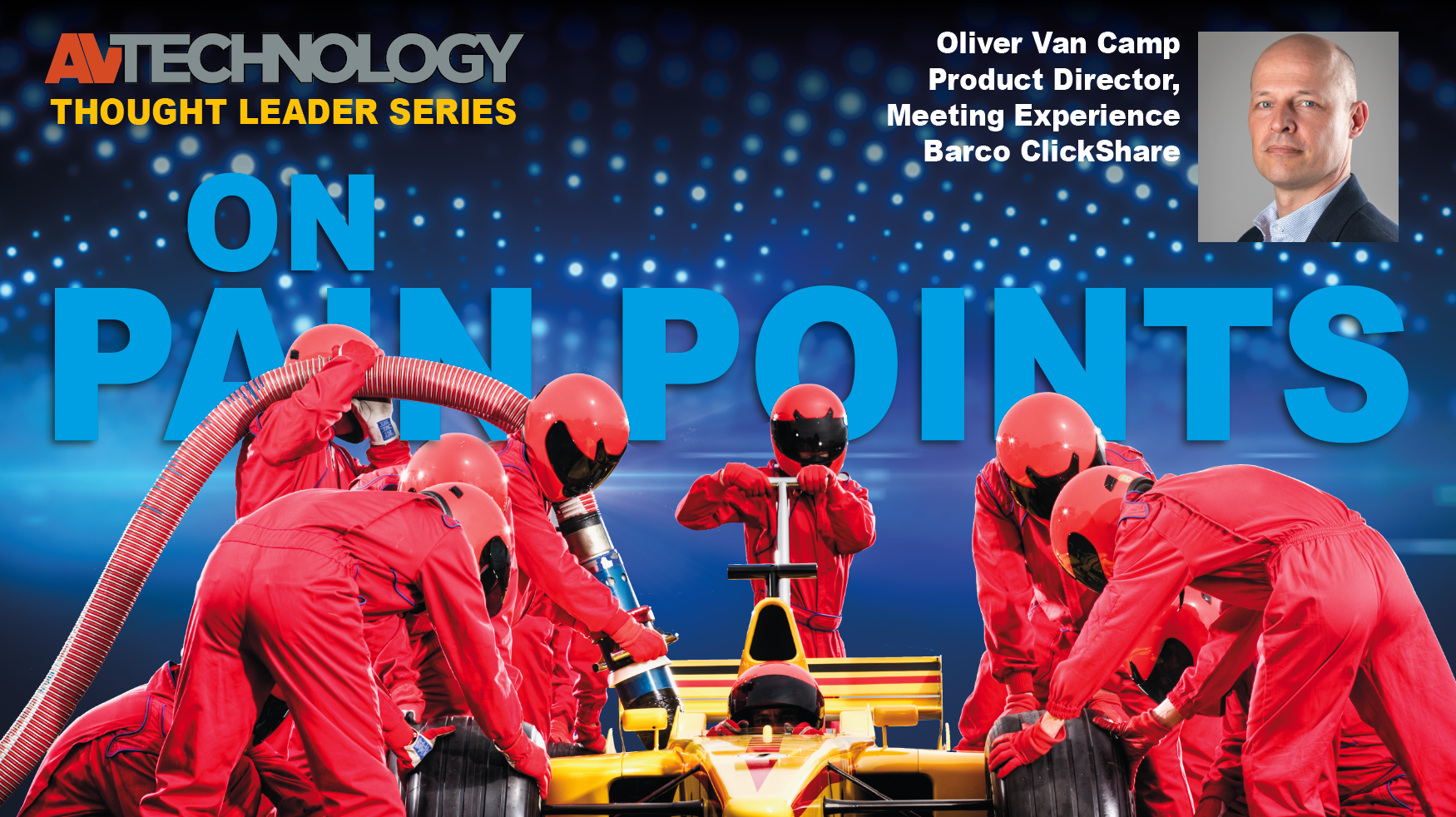Videoconferencing Opens Virtual Realities and Real-Time Learning For Elders

A daily selection of features, industry news, and analysis for AV/IT professionals. Sign up below.
You are now subscribed
Your newsletter sign-up was successful
- University Circle Interactive Cleveland (UCIC) is on a mission: to promote education and lifelong learning through the use of videoconferencing. Developed more than a decade ago through a National Endowment for the Arts grant as an educational videoconferencing initiative, UCIC programming involves cultural institutions in and around Cleveland—from the Cleveland Botanical Garden and the Institute of Art, to the Rock and Roll Hall of Fame.
UCIC is part of University Circle, a nonprofit organization responsible for guiding development, service and advocacy for an urban district in Cleveland, Ohio. Through its community development work, education and public programs, University Circle reaches more than 2 million people annually and has become a center of innovation in healthcare, education,
arts and culture.
Senior Connections: Programs Specially for Elders
In 2010, UCIC created the Senior Connections program, the newest lifelong learning initiative from University Circle, Inc.’s, education program. Senior Connections makes University Circle and its surrounding education and cultural institutions accessible to elders and those with limited mobility. There are weekly videoconferences and monthly on-site outreach programs and selected field trips, with many of the programs originally developed for K-12 audiences now adapted for older adults.
Via videoconference, elders can chat with students at the Cleveland Institute of Music, questioning them on their lives and the music these students will play for their senior recitals. The video feed is live and interactive, transforming conference rooms, community halls and senior centers into spirited classrooms. A few days after the videoconference, participants can travel to Cleveland’s University Circle to attend the students’ recitals. They may also take a virtual stroll through the outdoor areas at the Cleveland Museum of Natural History, getting up close and personal, virtually, with birds and mammals.
With interactive videoconferencing technology, such virtual field trips can be viewed from anywhere in the country. In blending such programming with local field trips to cultural institutions or community outreach programs, senior center program managers can offer comprehensive educational programs from University Circle and Senior Connections.
Senior Connections worked recently with the Cleveland Museum of Art to expedite a seven-week mini-course on American Art, which concluded with a docent-led field trip to the museum’s permanent collection. The program also partnered with NASA’s Glenn Research Center so participants could watch the sun rise at the International Space Station, while discussing the space program with an astronaut. Other videoconferences have focused on brain fitness, with doctors and research psychologists as speakers, and a contemporary arts series that will explore the history of photography is in development.
Recommendations for reading material often accompany videoconferences, so participants can delve deeper into recently covered topics; also offered are bibliographies and websites for further reading.
Senior Connections programming has now been implemented at Laurel Lake in Hudson, Ohio, and Rockynol, in the Ohio Presbyterian Retirement System, both independent and assisted-living retirement communities. There are plans in progress to expand the programming to other retirement communities and senior community centers in northeast Ohio and across the country.
A daily selection of features, industry news, and analysis for tech managers. Sign up below.
Programming with Proven, Positive Outcomes
The results of these carefully planned lifelong learning programs are elders’ authentic and deeper appreciation for the arts, sciences and humanities. And they are social experiences that participants look forward to on a weekly basis. As one Laurel Lake resident said, “Videoconferencing at its best can be a first-class learning tool. I think it’s amazing and enjoy videoconferencing with museum staff, scholars and experts in their field.”
In a participant evaluation of its pilot year, Senior Connections was found to promote cognitive health and wellness for participating seniors, and to encourage social activity. The typical elder attending the program is older than 80, and 81 percent of residents surveyed attend the programs “as often as possible.” They attend for a variety of reasons, including “learning something interesting and new” and “as a social and learning experience.”
Eighty-five percent of residents “love the convenience of having the programs delivered on-site,” and about 40 percent of residents participate in the follow-up field trips. Ninety-eight percent would like to participate in the off-site trips, but at times are unable to because of mobility or health reasons.
Sandy Kreisman is manager of education initiatives for University Circle. To find out more about bringing Senior Connections to your community, call (216) 707-5021, or e-mail skreisman@universitycircle.org. To view a case study of the program’s development process, programming and equipment, and start-up costs, visit www.universitycircle.org.This story was originally published in AGING TODAY's January-February 2013, American Society on Aging (www.asaging.org).
